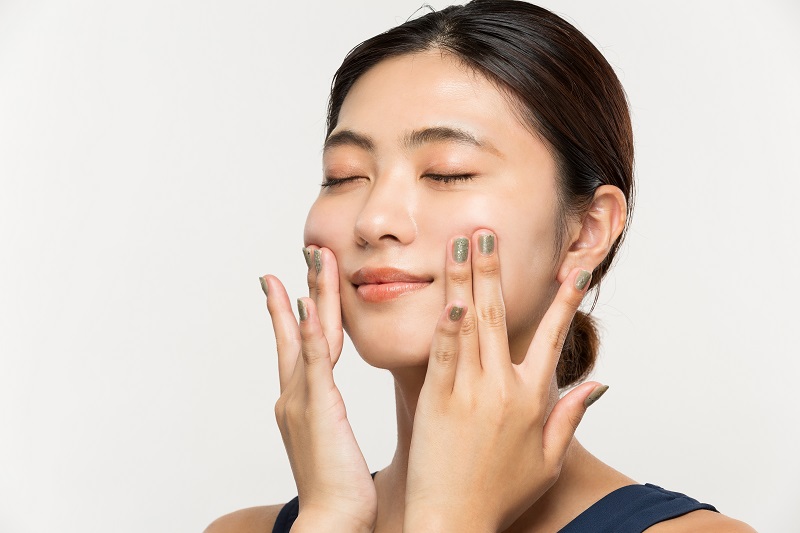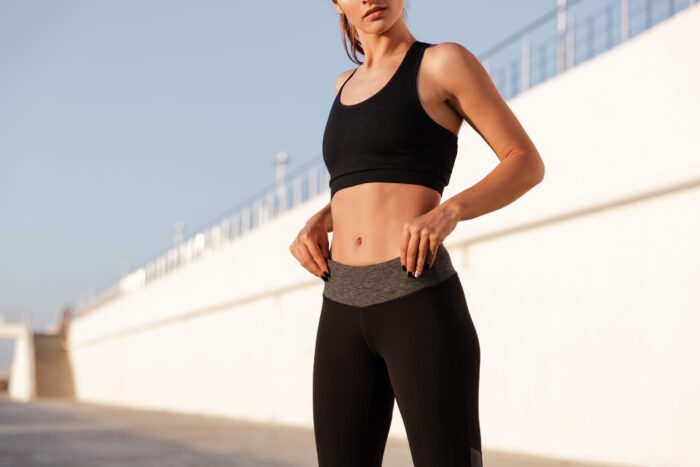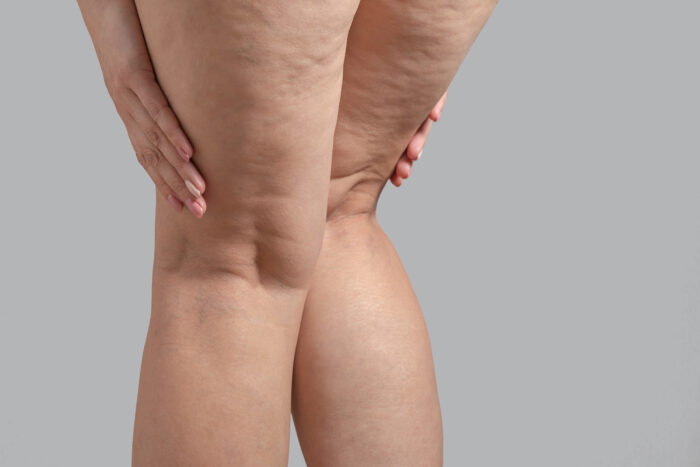Acne is a broad term that describes a range of conditions. Cystic acne, one of the most severe forms of the condition, can have lasting effects on your skin. This deep, painful type of acne often resists treatment efforts. Fortunately, your New York Skin & Vein Centers team can develop an effective plan to improve your skin dramatically.
What is Cystic Acne?
Cystic acne is a type of acne that causes deep, painful inflammation in the skin. It tends to affect individuals with oily skin and is often associated with hormonal changes. Because of their depth in the skin, they can become large and inflamed, and efforts to squeeze or pop them will make them larger and more likely to scar.
If you have cystic acne, you may also have some of these other types at the same time.
